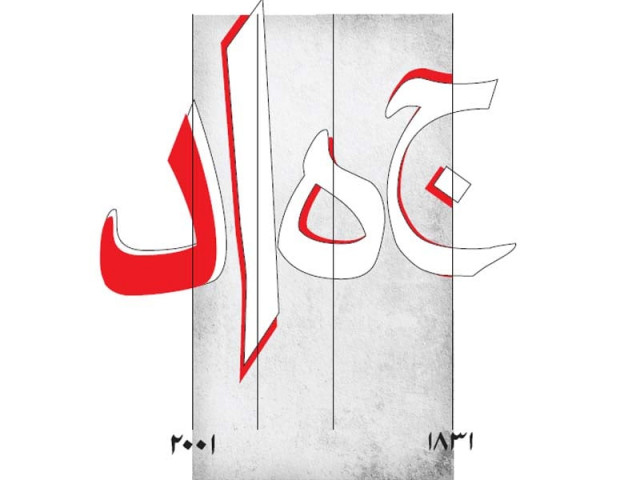
It is the most commonly used word in the post-9/11 world: Jihad. But to understand why this concept has been given so many interpretations over time, writer and editor Ajmal Kamal offers to look at the word circa 1831.
Kamal, who publishes an Urdu journal, explained how events of that year were significant. This discussion was organised at The Second Floor on Thursday night as part of the concluding event in a three-part series.
According to Kamal, at around this time, the clergy started to realise that their influence in society was waning, exacerbated by their dwindling numbers and those of their patrons. It was this desperation that prompted them to seek a solution in jihad - it would literally save them from extinction in the face of the ascent of British power.
“There was no concept of jihad in pre-colonial times,” he explained.”It was always to capture land.”
But the British were a “new” kind of invaders. They cleverly imposed an administrative machinery, a canal and railway system to be able to capitalise on the cotton crop, which they needed to extract from their colonies since civil war had broken out in America.
Amid all of this development, there were people who benefited. Thus, it is a misconception that this era marked the “decline” of Muslims or ‘zawal’. “The ‘decline’ was not for everyone. There were people who benefited from the agricultural activity. Instead, the influential ulema, who were associated with education, were impacted. They used the term ‘decline’ for everyone, even though this was not true.”
The clergy was used by landowners to legitimise many practices. They would officiate over weddings and funerals. But they also helped impose the landowner’s writ in the fields. Thus, if a labourer criticised their landlord, it was considered a ‘sin’. The farmer would have to break off his nikah or marriage contract if his landowner fancied the woman.
But the British administration, and the rise of the castes who were in the services sector, worried the clergy. They also saw that their patrons - the landowners - had become less influential. They believed that as their numbers dropped, God’s blessings or ‘barkat’ would also wane.
Come 1831, and Syed Ahmed Bareli and Shah Abdul Aziz enter the scene. Syed Ahmed went to meet scholar Shah Abdul Aziz to learn from him. The two decided that the state of affairs required jihad.
Their plan was not to attack the British, but Ranjit Singh, who ruled over Lahore and the north-west. However, the large number of people the two men had amassed for jihad began to itch for their promised rewards. They bothered locals for money or wanted their women etc. This upset the sardars, who in turn contacted Ranjit Singh’s men and asked for their help to defeat these would-be invaders.”
Whether Aziz or Ahmed deliberately manipulated religion to bring about jihad or genuinely believed that a lack of it caused their decline isn’t something one can peg conclusively. However, as in 1831, the problems that arose with jihad exist today.
For one, there is no “central authority” who controls all the groups engaged in jihad. “So you can talk to the Haqqani network, for example, but does that mean the other warlords will listen?”
Secondly, there are now nation states, while the original concept of jihad did not account for borders.
Another key aspect raised was how jihad was legitimised. According to Kamal, ‘invaders’ fighting Muslims used to declare that these people had been expelled from the faith, making them fair game. Additionally, any attempts to rid religion of its local colour failed. “Muslims in the subcontinent had adopted local practices, for example, following dargahs and shrines. This could not be stripped away then either and despite attacks at Abdullah Shah Ghazi’s shrine or at Data Darbar in Lahore, it has not been possible now either.”
Published in The Express Tribune, November 12th, 2011.

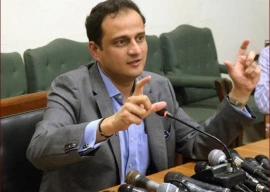
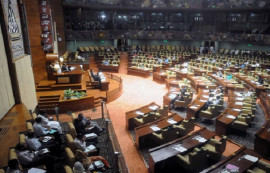
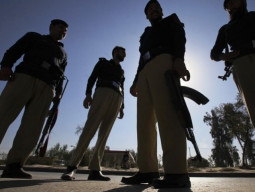


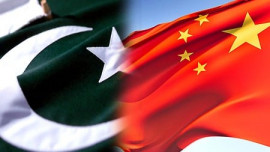


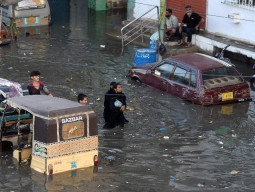








COMMENTS
Comments are moderated and generally will be posted if they are on-topic and not abusive.
For more information, please see our Comments FAQ